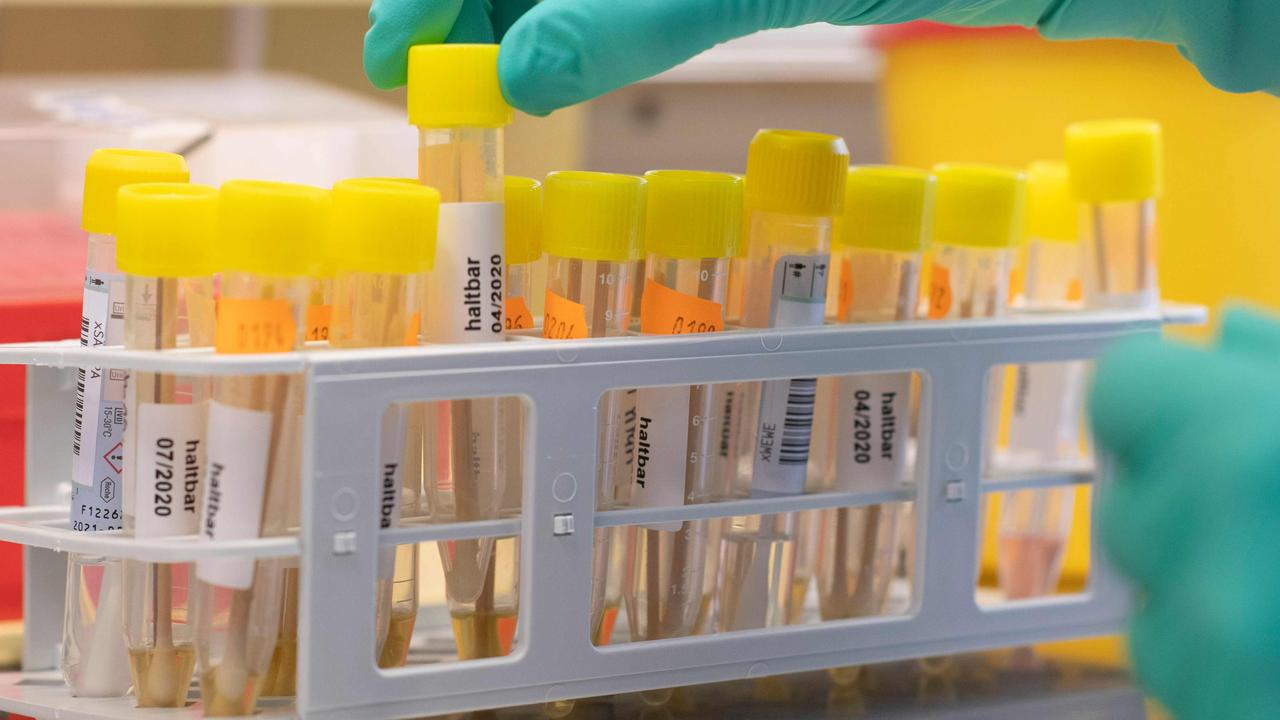Can you catch coronavirus more than once?
As coronavirus continues to spread to countries around the world, there’s a possibility that people could contract the disease more than once.
In the weeks since COVID-19 spread like wildfire through the Chinese city of Wuhan, the coronavirus has continued to jump borders around the world.
After igniting major outbreaks in Iran, South Korea, Italy and Japan, the coronavirus was fittingly declared a global pandemic by the World Health Organisation (WHO).
While scientists are clear on how the disease is transmitted, questions about COVID-19 continue to rise as cases increase, including a growing fear that you could catch the disease more than once.
Concerns about the possibility of becoming infected twice have risen largely from an incident in Japan, where government officials reported that a woman had reportedly caught the virus a second time.
RELATED: Follow the latest coronavirus updates
The tour bus guide, first diagnosed with COVID-19 in late January according to a statement released by Osaka’s prefectural government, was discharged shortly after her symptoms had improved.
A subsequent test came back negative for the virus – but three weeks later, she returned to hospital with a sore throat and chest pain, and tested positive for the disease again.
Similar cases of “reinfection” have been reported in China, where a physician warned it was possible for recovered patients to contract the virus again.
Speaking at Chinese National Health Commission briefing on January 30, director of pneumonia prevention and treatment at the China-Japan Friendship Hospital in Beijing, Zhan Quingyuan, said that while COVID-19 patients all seem to generate antibodies against the coronavirus, in some individuals the antibodies don’t appear to last for very long.
“For those patients who have been cured, there is a likelihood of relapse,” he said.
So – should we be afraid of contracting the disease more than once?
RELATED: One thing that could stop virus spread
Senior medical virologist with NSW Health Pathology, Professor William Rawlinson, said it’s too soon to say if this is a feature of the virus.
There are several possible scenarios, including that detection of the virus becomes negative in the nose and throat but persists in the lungs.
“Once you have the infection, it could remain dormant and with minimal symptoms, and then you can get an exacerbation if it finds its way into the lungs,” professor at the NYU School of Medicine, Philip Tierno, told Reuters.
However, international health expert at the University of Pittsburgh Donald Burke told Wired that scientists were a long way from finding any “solid” evidence that suggests people could be reinfected.
RELATED: Countries where coronavirus has been confirmed

He said that the only way for scientists to differentiate between a relapse (meaning the same coronavirus seemed to go away and come back) and reinfection (in which a second strain of coronavirus swooped in just as the first cleared out) was a full viral sequence.
This would mean doctors would have to completely sequence the virus in a patient’s nose or mouth swab at the time of each positive diagnosis, and then would be able to compare each genetic letter using genome-reading software, enabling them to determine if the person had the same strain of coronavirus or a new one.
Without this kind of data, Mr Burke said, there was no way of scientists knowing for sure.
Infectious disease physician and epidemiologist at the University of Minnesota, Susan Kline, said that the cases in Japan and China were likely just a continuation of the original infection.
RELATED: Virus pandemic could kill 96,000 Aussies
For one thing, she told Wired, not enough time had elapsed for infection.
“It’s too soon,” she said. “This entire outbreak has only been going on for two months. I would be very surprised if people are getting reinfected in that time span.”
University of Queensland virologist Professor Ian Mackay warned in a blog post that as long as coronavirus circulates, and as long as you’ve never been infected, you are susceptible to infection resulting in COVID-19.
“This will be the case for the rest of your life until you have been infected, which should then protect you from severe disease,” he wrote.
ADVICE FROM HEALTH AUTHORITIES
To prevent becoming infected with coronavirus, the WHO have advised people to take these precautions:
• Regularly and thoroughly clean your hands with an alcohol-based hand rub or wash them with soap and water.
• Avoid close contact with anyone who has a fever or cough.
• Avoid touching eyes, nose and mouth.
• Make sure you, and the people around you, follow good respiratory hygiene.
• Stay home if you feel unwell.
• If you develop a fever, cough and difficulty breathing, seek medical advice promptly.
• Stay informed on the latest developments about COVID-19.



